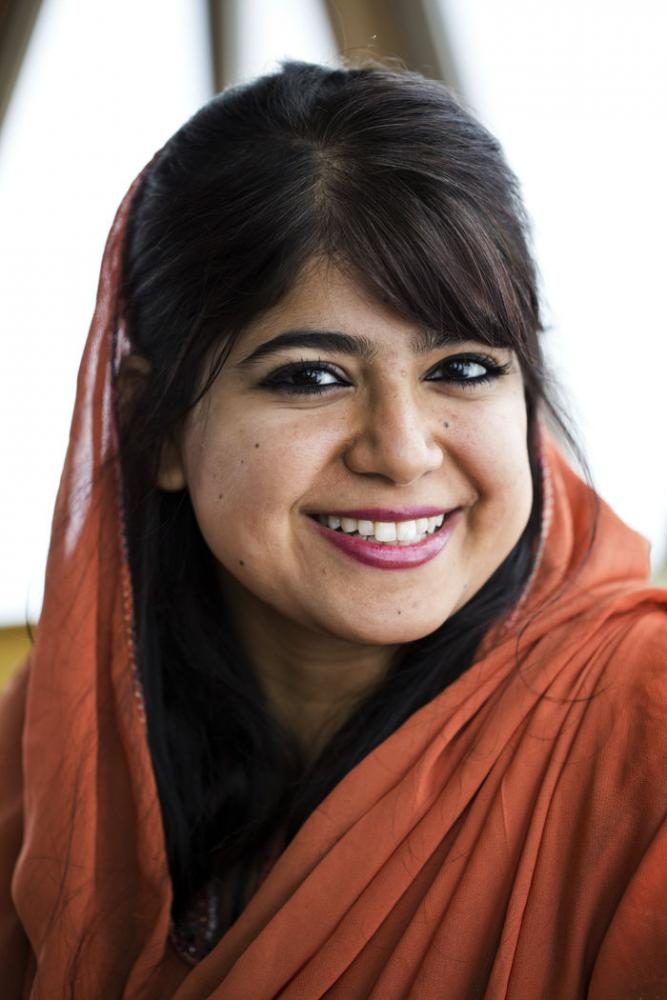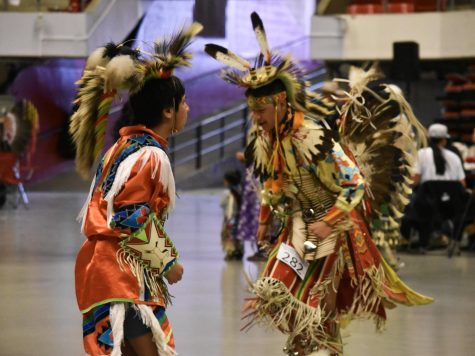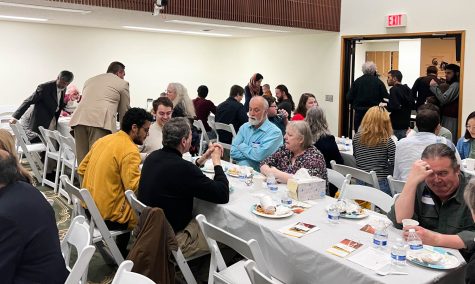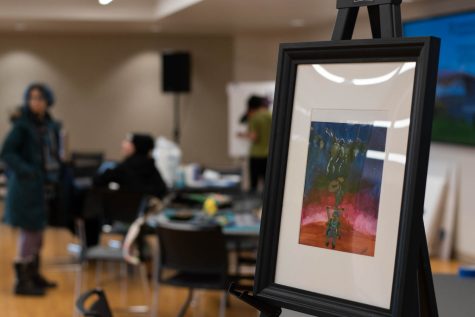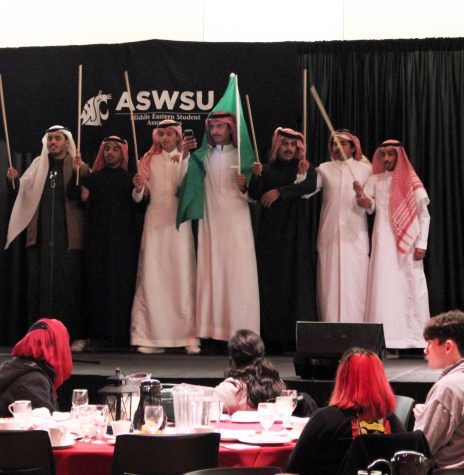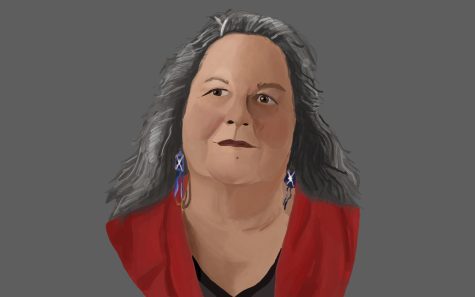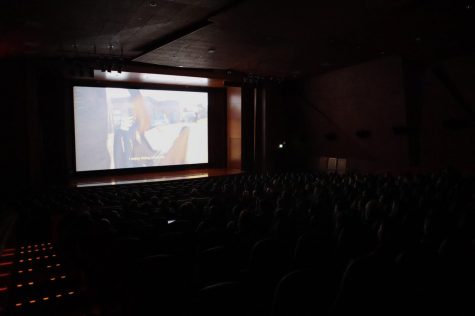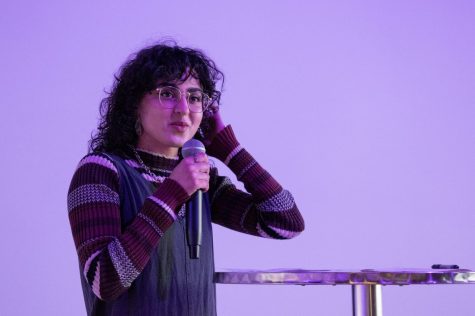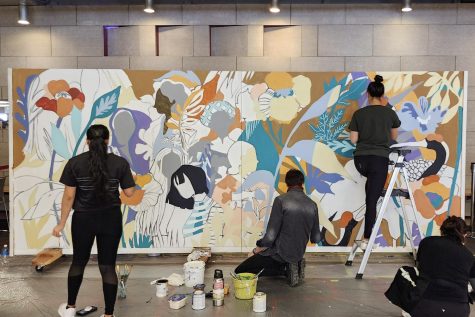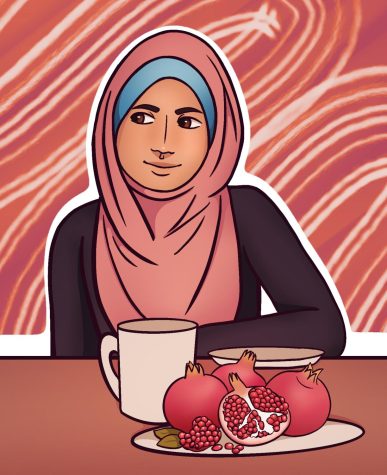Pakistani activist delivers leadership talk
Women’s rights activist, Khalida Brohi, delivered a talk on Tuesday night in the CUB Senior Ballroom.
September 28, 2016
{{tncms-asset app=”editorial” id=”beedd0aa-8524-11e6-9c1d-4b1aecb5a237″}}
To be a leader, sometimes you have to learn from the examples of other leaders from around the world.
Khalida Brohi, a Pakistani women’s rights activist from Balochistan, came to deliver talks to WSU students at the Pullman and Tri-Cities campuses.
“We liked the idea of somebody who was herself (and) took on an activist leader role at a young age,” said Karen Weathermon, co-chair for the Common Reading Program and director of First-Year Programs.
“I Am Malala” is the Common Reading text for the 2016-17 school year. Common Reading is meant to be a common point of conversation in and out of class, allowing students to look at complex issues from different angles, Weathermon said.
Usually, Common Reading Programs would bring in the author of the chosen text. However, Malala is still a high school student studying in Great Britain. Asif Chaudhry, vice president for International Programs, recommended Brohi to conduct the talks, Weathermon said.
In Pakistan, Brohi witnessed the honor killing of a friend, despite honor killings being outlawed. Brohi’s first response was to actively protest, but she found it wasn’t changing the circumstances of the women she wanted to help, Weathermon said.
Weathermon said Brohi’s talk is based on how to change people’s world view through education, rather than passing laws. She said Legislation does not change people’s cultural understanding of how the world works.
“Partly what attracted us to her was that she was a young person taking on a big issue,” Weathermon said. “She had to rethink what she was doing in a way that was more impactful. Protesting out in the street wasn’t helping those women.”
Taking advice from her father — don’t cry, strategize — Brohi founded the Sughar Empowerment Society to support rural and tribal women, empowering them through education on a socio-economic and intellectual level, according to a news release.
“Nobody gives empowerment to women. It’s already inside them,” Brohi said during her workshop Tuesday.
Brohi discussed with Emerging Leaders students about what it means to be a leader and her work in Pakistan and the United States.
“The level of interest people had in doing good in the world was very inspiring,” Brohi said.
Brohi described a leader as someone who recognizes themselves, accepts it, and uses their skills to be the leader they want to become. Acceptance is key, even when it means being vulnerable.
“A leader is the person who accepts the person they are,” Brohi said. “Understanding that they are born with the skills and capacity to be a leader; they only have to unleash it.”
The importance of having speakers like Brohi rests under the theme of leadership and social justice and connecting WSU students to issues that are apparent on a local and global context.
These issues resonate with college students because they all understand the work of coming into a university and learning to mesh passion and values with the skills and abilities to advocate for them, Weathermon said.
“Malala and Khalida are examples of people who, at a young age, became galvanized around things they saw as important,” Weathermon said. “The work they have undertaken is really pertinent to anybody who’s a college student.”
Weathermon said that when we ask someone about their major, we are really asking about their values — what they’re passionate about.
Brohi said the reason she continues her work is because she sees the impact when women become more confident in speaking up. Though it’s a slow and frustrating change at times, the day change is seen helps her go farther.
“You can be awkward, you can be silly, and you can still be a leader,” Brohi said.


